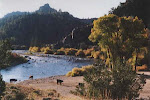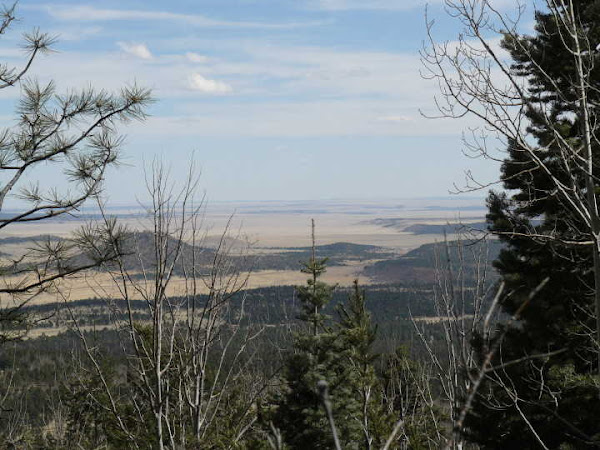 Excerpts: Oil and gas drilling is not all bad, but energy development can have serious negative effects on the environment, economy and public health, according to a panel of experts who spoke Tuesday on the consequences of energy development. Those impacts need to be publicized, studied, and planned for, they said.
Excerpts: Oil and gas drilling is not all bad, but energy development can have serious negative effects on the environment, economy and public health, according to a panel of experts who spoke Tuesday on the consequences of energy development. Those impacts need to be publicized, studied, and planned for, they said."We are not for or against oil and gas development. We are trying to better understand it," said Ben Alexander, associate director of Headwaters Economics, a Bozeman, Mont., group that has spent the past two years studying the economic effects of oil and gas development in the American West.
Denver energy attorney Lance Astrella elicited a slight gasp when he said he had "a great deal of respect" for the people in the oil and gas industry. "Like it or not," Astrella said, "fossil fuels are going to be with us for a while."
Astrella said several dominant themes have emerged in his work on energy cases. One he characterized as an "excess use of property," where negligent oil and gas drilling practices cause a loss of value for people who own surface and water rights.
Astrella also said "volatile organic compounds" contained in the gases that escape from pipe lines, holding tanks or transport trucks cause real health problems the industry dismisses as "perceived."
"Why is there a question about whether it causes health effects?" he said. "Because there has been a failure of government. The federal government has not done the studies to determine whether there is a health link between drilling fluids and people's long-term, low-level exposure to them."
Astrella said it is imperative that baseline studies of air and water quality be done before extraction activities begin. "And it's very important they be done by you and not the drilling companies," he said.
Astrella said new technologies exist to help reduce the impacts of oil and gas drilling, but energy companies won't pay for them, and inventors won't invent better ones unless they become required.
"Why is it important to do it right?" he asked. "Obviously, for the public. Some of the serious illnesses take years to develop, and if you wait, ... it's going to be too late for them. "No amount of money will compensate them for the loss of a child or a cancer they may have."
One of the few people who has done research on the health effects of the energy boom in the West is Theo Colborn, a professor at the University of Florida and president of a group called The Endocrine Disruption Exchange, based in Paonia, Colo.
Colborn said her group studied 224 chemicals found in products used in drilling in New Mexico. About 97 percent of them contained chemicals with serious health effects, according to Colborn. And about 47 percent of those contained "endocrine disrupters" that cause irreversible changes in organisms before they are born.










